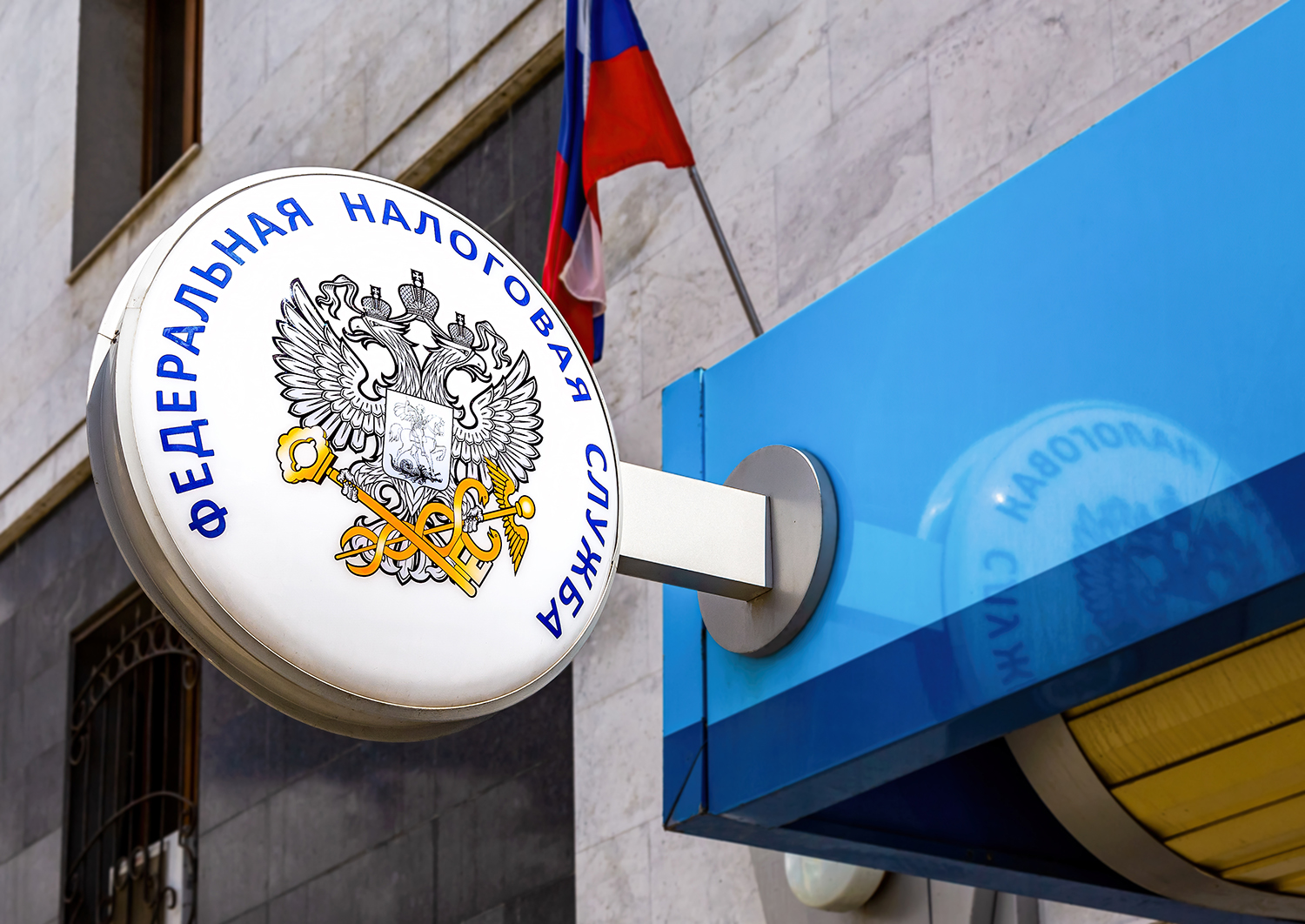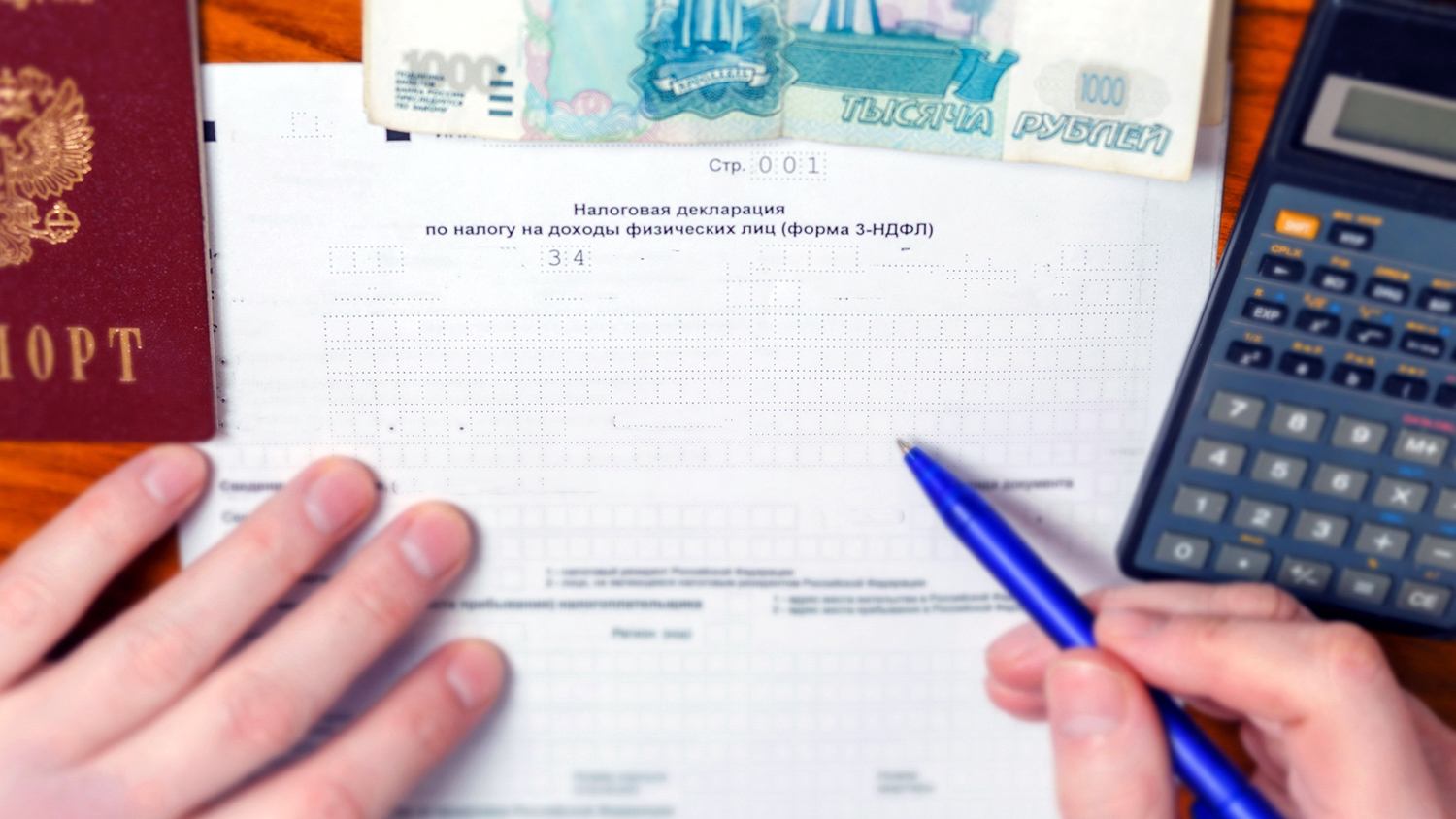Taxes Go Digital, Documents Stay Physical

Russia’s digital tax system is drawing global attention for its unique blend of automation, transparency, and state-supported innovation.
A Data-Driven Overhaul
The Russian Federal Tax Service (FTS) has become a global leader in digital tax administration. Over the past few years, it has overhauled its internal systems and begun exporting its solutions, offering a blueprint for other nations seeking efficient, data-driven governance.
A cornerstone of this transformation is 'Tax-3,' an automated information system that consolidates all tax administration processes into a unified digital environment. It processes incoming data not only from taxpayers but also from interagency exchanges—including the Bank of Russia, the Ministry of Internal Affairs, and the Federal Service for State Registration. This system has eliminated fragmented workflows, improved data accuracy, and dramatically increased processing speeds.

Integrating process mining and artificial intelligence, FTS uses real-world data to monitor compliance and flag potential risks. These tools have moved the agency from broad, manual auditing to a more targeted, analytic model—lowering the compliance burden for law-abiding businesses while boosting enforcement efficiency.
FTS has also expanded its digital services via the nalog.gov.ru portal and its 'Taxes FL' mobile app. Citizens can now file returns, make payments, seek consultations, and even register property online. These enhancements have increased both taxpayer convenience and voluntary compliance rates.
From National Reform to Global Influence
In 2024 alone, the FTS invested more than 12.4 billion rubles into digital services. These innovations have caught the eye of international tax bodies. At a BRICS leadership summit in St. Petersburg, Russia showcased its platforms and signed cooperation agreements with Vietnam, Cuba, Egypt, and Sudan—offering both technological know-how and a collaborative knowledge base via its digital tax library.

FTS plays a central role in Russia’s national Data Economy initiative, which aims to embed digital tools across all branches of public administration. State support has enabled rapid adoption of cutting-edge technologies, cementing FTS as a model for strategic digital governance.
“The mission of the Tax Service is to make tax payments as seamless as possible,” says FTS head Daniil Yegorov. “Let’s make it so effortless, people hardly notice it’s happening.” By 2025, Russia plans to implement a return-free personal income tax system—while continuing to explore innovations like blockchain, big data, and cloud computing.
The digitalization of taxation in Russia is more than a success story—it’s a strategic export, and a sign of how technology, when paired with vision, can make government services both smarter and more human.









































